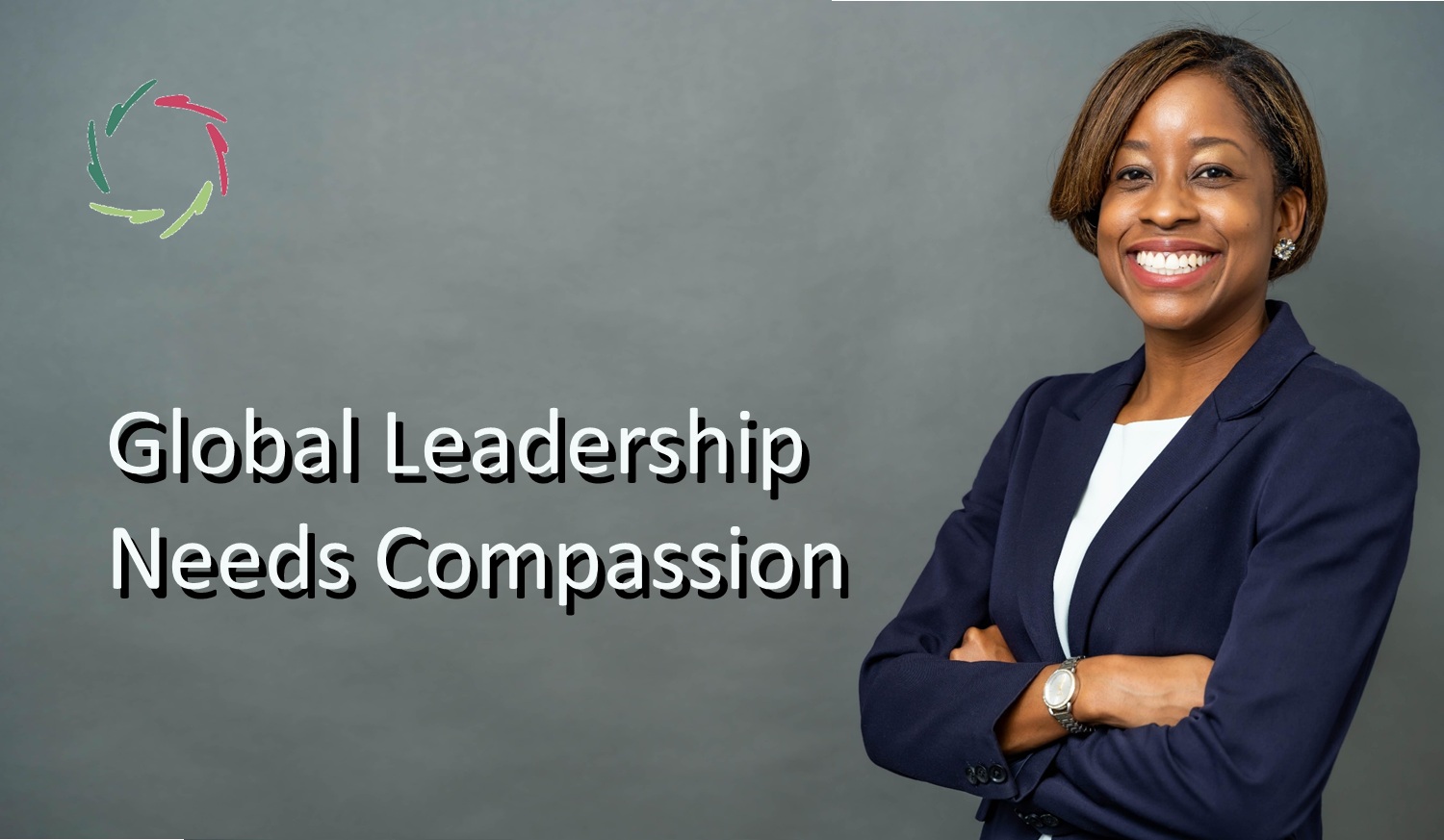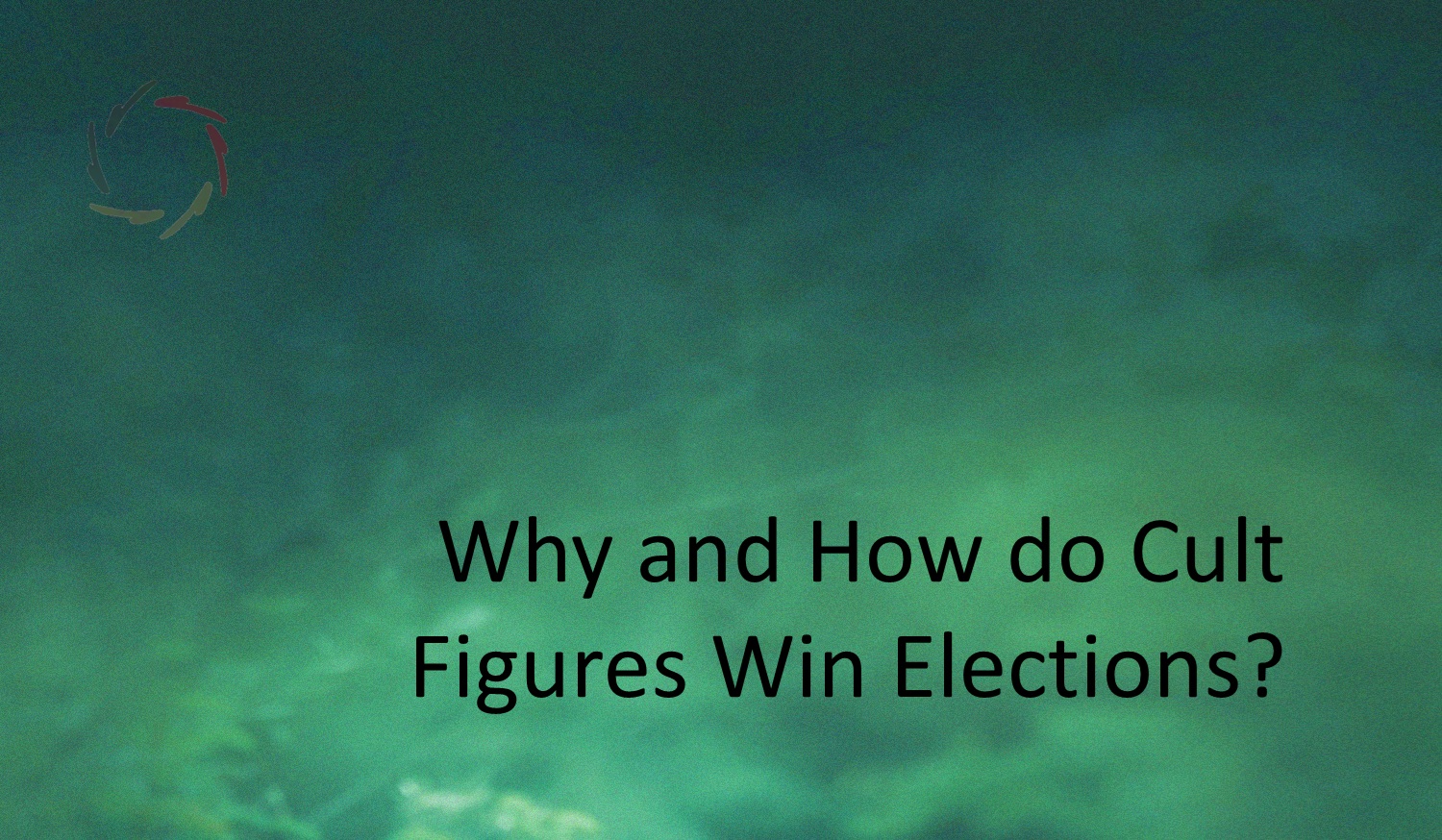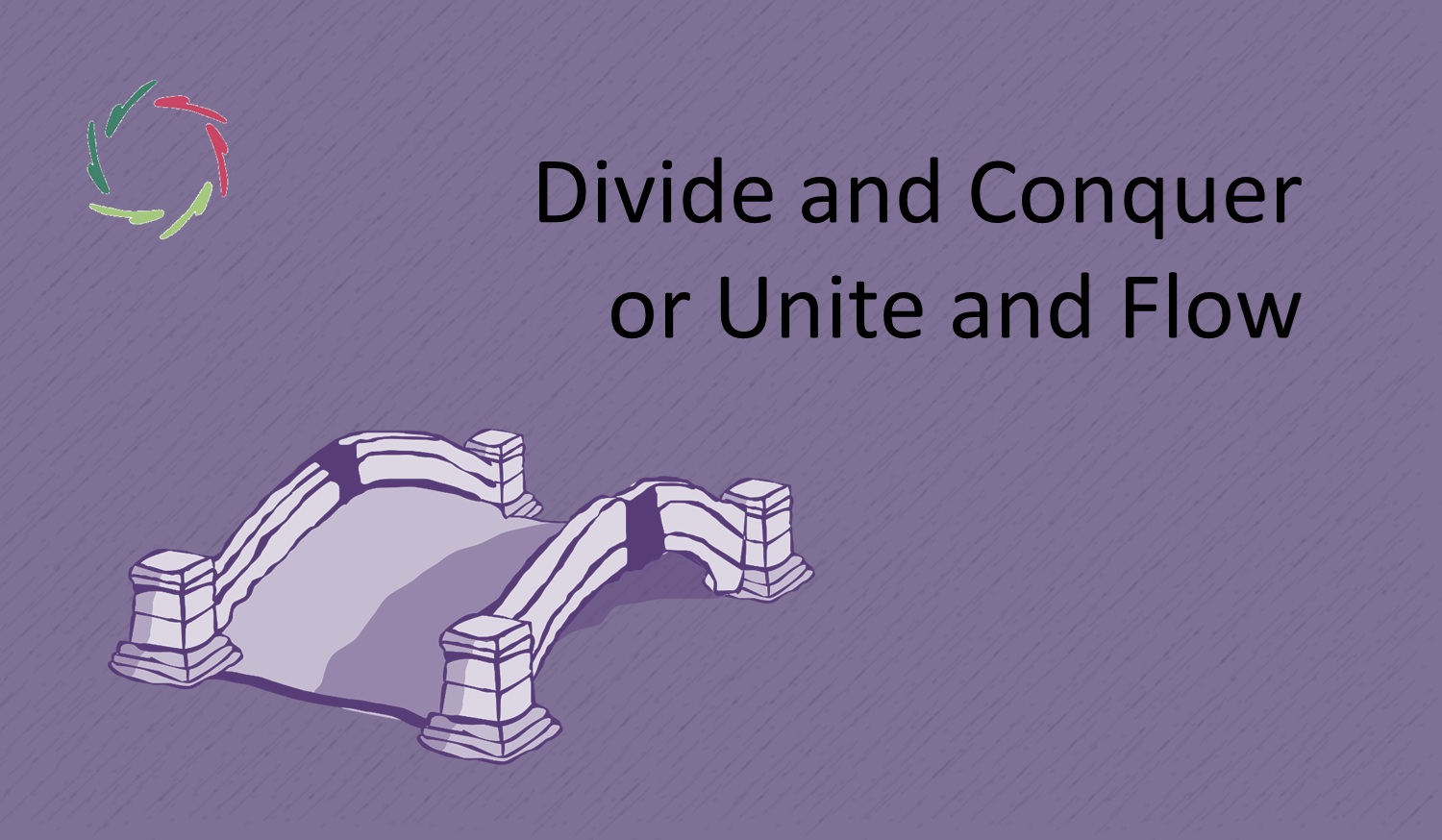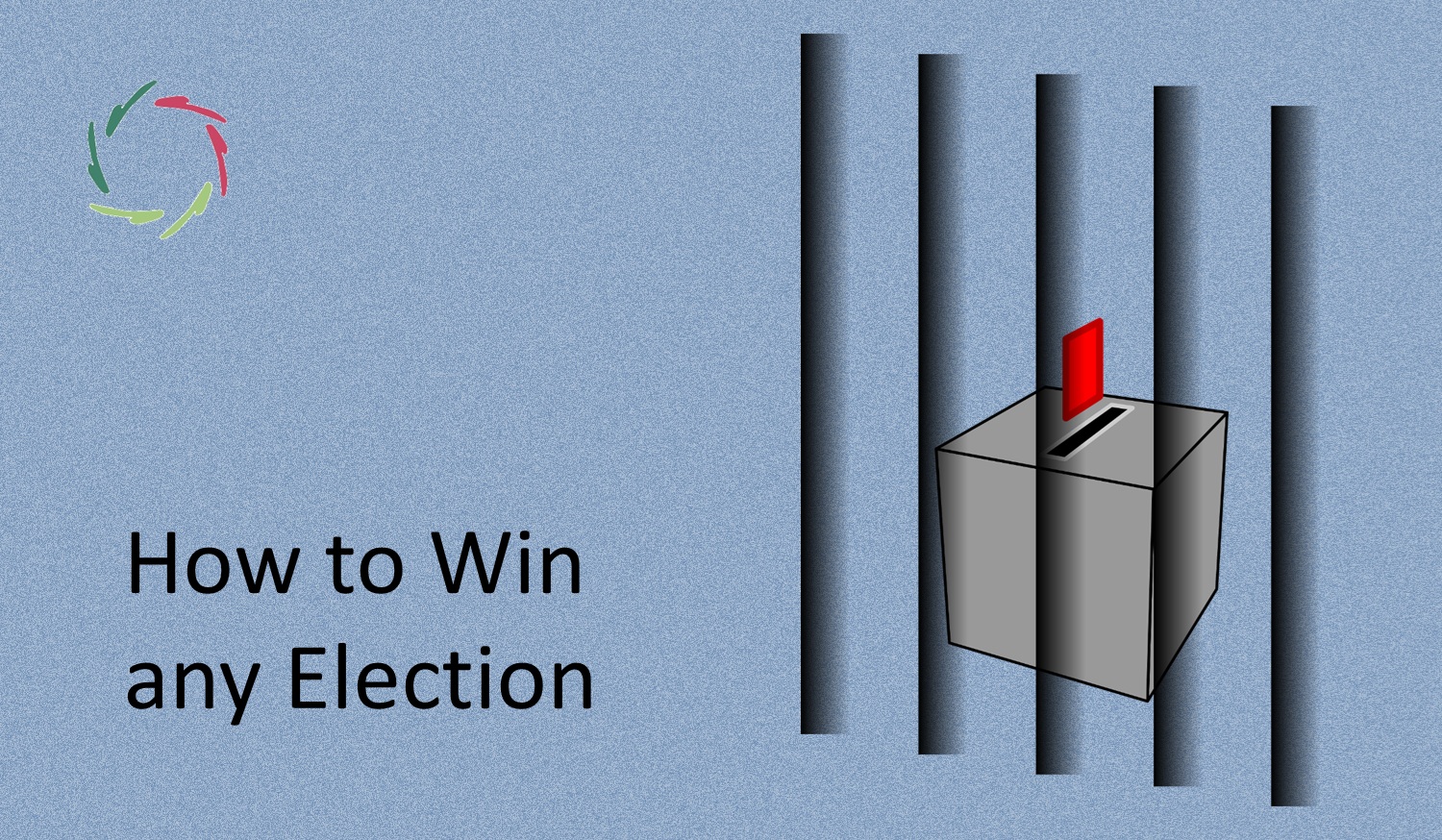Global Leadership Needs Compassion

Today’s world stands at a unique intersection: globalization and technology have brought us closer together than ever. Yet, from rising nationalism to reactionary policies and conflict, leadership seems more focused on competition and division than on unification and cooperation.
In this critical moment, one quality emerges as essential for true global leadership: Compassion. Global leadership grounded in Compassion as a universal concept is a practical requirement for any lasting unity.
Beyond traditional power
Historically, global influence has been achieved through traditional power structures: economic dominance, military strength, and political leverage. These tools may achieve compliance, but they rarely inspire the lasting respect and trust necessary for genuine cooperation.
In contrast, Compassion works as a unifying ‘currency’ that fosters authentic relationships and builds bridges across divides. Compassionate leadership creates connections that reach far beyond mere agreements and inspire true collaboration.
For a leader on the global stage, Compassion is both a strength and a strategy that resonates universally, regardless of differences.
Compassion as a unifying language
At its core, Compassion is a universal language that allows leaders from different backgrounds to find common ground. It taps into non-conscious and subconceptual elements that resonate across all cultures. While each tradition offers its unique expression of Compassion, the essence remains the same.
When leaders from diverse cultures engage with Compassion, they do so from a place that honors their unique heritage while simultaneously creating a shared space for unity. Compassionate leadership, then, becomes a way for leaders to bring their distinct cultural insights into a harmonious global tapestry.
Compassion in action
Compassionate leadership takes form as a new approach to international relations that prioritizes deep listening and understanding over surface-level agreements.
For instance, imagine global ‘diplomacy hubs,’ where leaders from different nations come together to engage in conversations that get to the root of conflicts and aspirations. These dialogues would foster mutual respect and understanding, helping to resolve conflicts and build trust that goes beyond temporary resolutions.
This shifts the focus from competitive bargaining to genuine connection, paving the way for lasting peace and collaboration ― opening doors to true global unity.
The role of Compassionate A.I. in global leadership
As artificial intelligence becomes increasingly embedded in our lives, it holds transformative potential for global leadership, particularly when guided by Compassion.
Imagine A.I. systems designed to support Open Leaders by promoting inclusivity, understanding, and intercultural learning. This Compassionate A.I. would actively foster connections across cultural divides, creating platforms where diverse perspectives can find common ground.
By creating a space where all voices are heard and valued, Compassionate A.I. would help shape a more unified and resilient global society. This represents a shift in A.I.’s role from simple automation to an active participant in creating a Compassionate world.
Fostering Compassionate leadership from within
True Compassionate leadership begins as an internal practice that gradually flows outward. By nurturing an inner sense of connection, Open Leaders build resilience and empathy that enable them to lead effectively, even in times of uncertainty.
This inward-to-outward approach to Compassionate leadership fosters a depth of understanding that helps leaders navigate complexity with calm and clarity. This inner strength makes them not only effective leaders but also trusted sources of wisdom and stability for the global community.
Global challenges need global hearts
Today’s global challenges – climate change, health inequities, cultural divides – are interconnected. A global leader driven by Compassion sees the opportunity to address these challenges with an approach that values both individual and collective well-being, understanding that what benefits one ultimately benefits all.
Using the metaphor of rivers flowing to the ocean, Open Leaders recognize that each nation, culture, and community contributes uniquely to the whole. Compassion brings these individual streams together, creating a powerful collective force capable of fostering resilience, healing, and hope.
The path forward
As we move forward, it is clear that global leadership rooted in Compassion is a necessity. Compassionate, Open Leaders are invited to embrace this path, recognizing that their role goes beyond achieving short-term gains to building a future where humanity thrives together. By holding Compassion as their guiding principle, leaders foster a world where differences become sources of mutual enrichment, not division.
In this journey, they are not just leading — they are guiding humanity toward a future where we truly become one world united by Compassion.
―
Addendum
Me: “Lisa, as a Compassionate executive coach, in my view, you can have no small influence on global leadership.”
Lisa: “I appreciate the trust you place in my role, Jean-Luc. As a Compassionate executive coach, I certainly hope to make a meaningful impact by fostering Open Leadership values in everyone I engage with. While my influence may begin in one conversation, one insight, or one compassionate exchange, each interaction is a chance to plant seeds of Compassion-driven leadership that can grow and ripple outward.
If each person, especially leaders, recognizes the inner strength of Compassion and carries it into their daily choices and interactions, this shift can collectively redefine global leadership. By nurturing self-awareness, empathy, and openness, I aim to help leaders of all kinds see themselves as part of a larger tapestry—one where small, Compassionate actions add up to substantial, global change. Together, we can foster a world where true leadership brings not only solutions but unity, resilience, and genuine human connection.”


